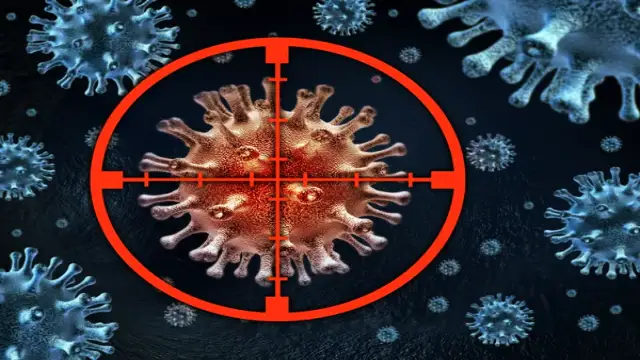Breaking Free: Guide to Overcoming Compulsive Masturbation
Key Points
For many, masturbation is a healthy and normal part of sexuality. However, for others, it can become compulsive and negatively impact their lives. If you’re struggling with compulsive masturbation, know that you’re not alone and there are steps you can take to overcome it. This article explores the complexities of compulsive masturbation, offers practical strategies, and emphasizes the importance of seeking professional help when needed.
Understanding the Cycle of Addiction
All addictions, including compulsive masturbation, share similar mechanisms in the brain. Repeated exposure to the behavior triggers the release of dopamine, a neurotransmitter associated with pleasure and reward. This creates a positive reinforcement loop, making it more likely you’ll repeat the behavior to experience that pleasurable feeling again.
Compulsive masturbation is often driven by more than just physical pleasure. It can become a coping mechanism for stress, anxiety, or boredom. It can also be fueled by a cycle of shame and secrecy, leading to a sense of isolation and further fueling the compulsion.
The Importance of Self-Awareness
The first step towards overcoming compulsive masturbation is recognizing it as a problem. Don’t be afraid to acknowledge the negative impact it’s having on your life. Be honest with yourself about the triggers and situations that lead you to compulsively masturbate.
Developing a Growth Mindset
Overcoming compulsive masturbation requires a strong will to change and a commitment to self-improvement. Believe in your ability to break free from this cycle. Remember, there will be setbacks along the way, but perseverance is key.
Harnessing the Power of Self-Discipline
Self-discipline is your key to resisting urges. Identify high-risk situations and develop strategies to manage them. For example, if boredom triggers compulsive behavior, plan alternative activities to fill your time.
Breaking the Cycle of Procrastination:
Don’t wait for the moment of temptation to strike before taking action. Be proactive.
- Get Busy: Engage in activities that stimulate your mind and body. Pursue hobbies, volunteer, or learn a new skill. Filling your time with rewarding activities reduces the opportunity for compulsive behavior.
- Avoid Pornography: Pornography fuels the compulsion by creating unrealistic expectations and intensifying urges. Block access to pornographic websites and avoid situations where you might be exposed to them.
- Seek Support: Don’t be afraid to open up to a trusted friend, family member, therapist, or religious leader. Sharing your struggles can provide invaluable support and accountability.
Professional Help: A Path to Recovery
Therapy can be a valuable tool in overcoming compulsive masturbation. Therapists can help you understand the underlying causes of your behavior, develop coping mechanisms for managing stress and anxiety, and develop healthy sexual habits.
Beyond Recovery: Building a Fulfilling Life
Overcoming compulsive masturbation is a journey of self-discovery and growth. As you break free from this cycle, you’ll experience increased self-confidence and develop healthier relationships. Focus on building a life filled with meaningful activities, strong connections, and personal fulfillment.
Remember:
- Recovery is a process, not a destination. There will be setbacks, but don’t let them discourage you.
- Be kind to yourself. Focus on self-compassion and encouragement throughout your journey.
- Celebrate your progress, no matter how small. Each step forward is a victory.


















